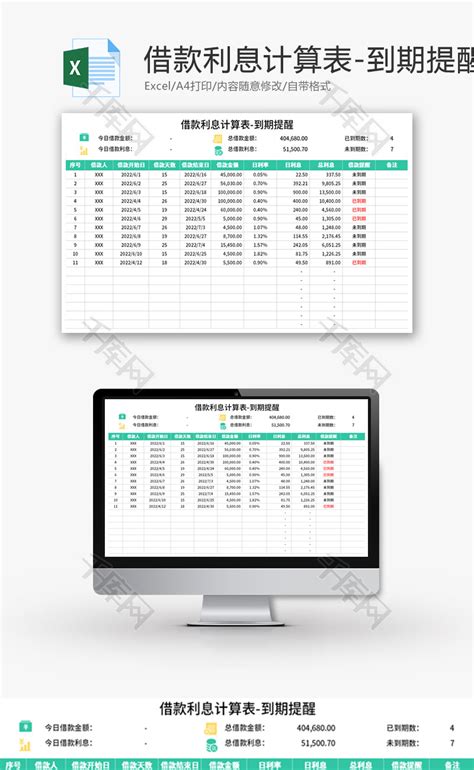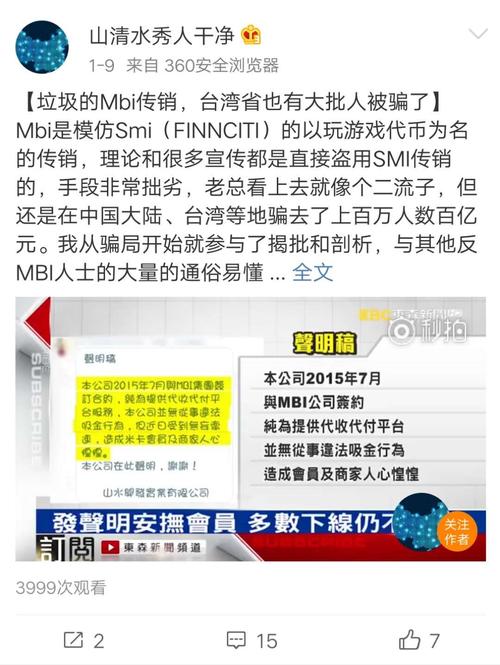The Art of Optimized Financial Management
In today's dynamic economic landscape, effective financial management is crucial for individuals seeking to maximize their resources and achieve their financial goals. Whether you're aiming to build wealth, save for retirement, or simply improve your financial wellbeing, adopting optimized financial management practices can make a significant difference. Let's explore some key strategies and principles across different aspects of personal finance.
1. Budgeting and Expense Management
Goal:
Achieve clarity and control over your cash flow.Strategies:
Create a Detailed Budget:
Track your income and expenses meticulously to understand where your money is going.
Prioritize Essential Spending:
Allocate funds for necessities like housing, utilities, groceries, and transportation before discretionary expenses.
Limit Unnecessary Spending:
Identify areas where you can cut back on nonessential expenses such as dining out or subscriptions.Tip:
Use budgeting apps like Mint, YNAB, or personal spreadsheets to streamline your budgeting process.
2. Debt Management
Goal:
Reduce debt burden and improve financial flexibility.Strategies:
Prioritize HighInterest Debt:
Focus on paying off debts with the highest interest rates first to minimize interest costs over time.
Consider Consolidation:
Explore options like debt consolidation loans or balance transfers to simplify payments and potentially lower interest rates.
Negotiate with Creditors:
Reach out to creditors to negotiate lower interest rates or more favorable repayment terms.Tip:
Use the debt snowball or avalanche method to systematically pay off debts based on your preferred strategy. 3. Investment Planning
Goal:
Grow wealth and achieve longterm financial objectives.Strategies:
Diversify Investments:
Spread investments across different asset classes (stocks, bonds, real estate) to reduce risk.
Focus on LongTerm Growth:
Invest with a longterm perspective to benefit from compounding returns.
Consider TaxEfficient Strategies:
Utilize retirement accounts (401(k), IRA) and other taxadvantaged investment vehicles to minimize tax liabilities.Tip:
If unsure, consult with a financial advisor to tailor an investment strategy aligned with your risk tolerance and goals. 4. Savings and Emergency Funds
Goal:
Build a financial safety net for unexpected expenses.Strategies:
Automate Savings:
Set up automatic transfers to savings accounts to ensure consistent savings.
Establish an Emergency Fund:
Aim to save 36 months' worth of living expenses in a liquid account for emergencies.
Save for Specific Goals:
Allocate funds towards specific objectives like buying a house, funding education, or retirement.Tip:
Use highyield savings accounts or certificates of deposit (CDs) to earn more on your savings. 5. Continuous Learning and Adaptation
Goal:
Stay informed and adapt to changing financial landscapes.Strategies:
Stay Updated:
Keep abreast of financial news, market trends, and regulatory changes that may impact your financial decisions.
Seek Knowledge:
Invest in financial literacy through books, courses, or seminars to enhance your understanding of personal finance.
Adjust Strategies:
Regularly review and adjust your financial plan based on changing circumstances and goals.Tip:
Leverage online resources and reputable financial publications for reliable information and insights.Conclusion
Optimized financial management requires discipline, knowledge, and adaptability. By implementing these strategies and principles, you can take proactive steps towards securing your financial future and navigating economic uncertainties effectively. Remember, the journey towards financial wellbeing is a continuous process of learning and refinement. Start today and reap the rewards tomorrow.











